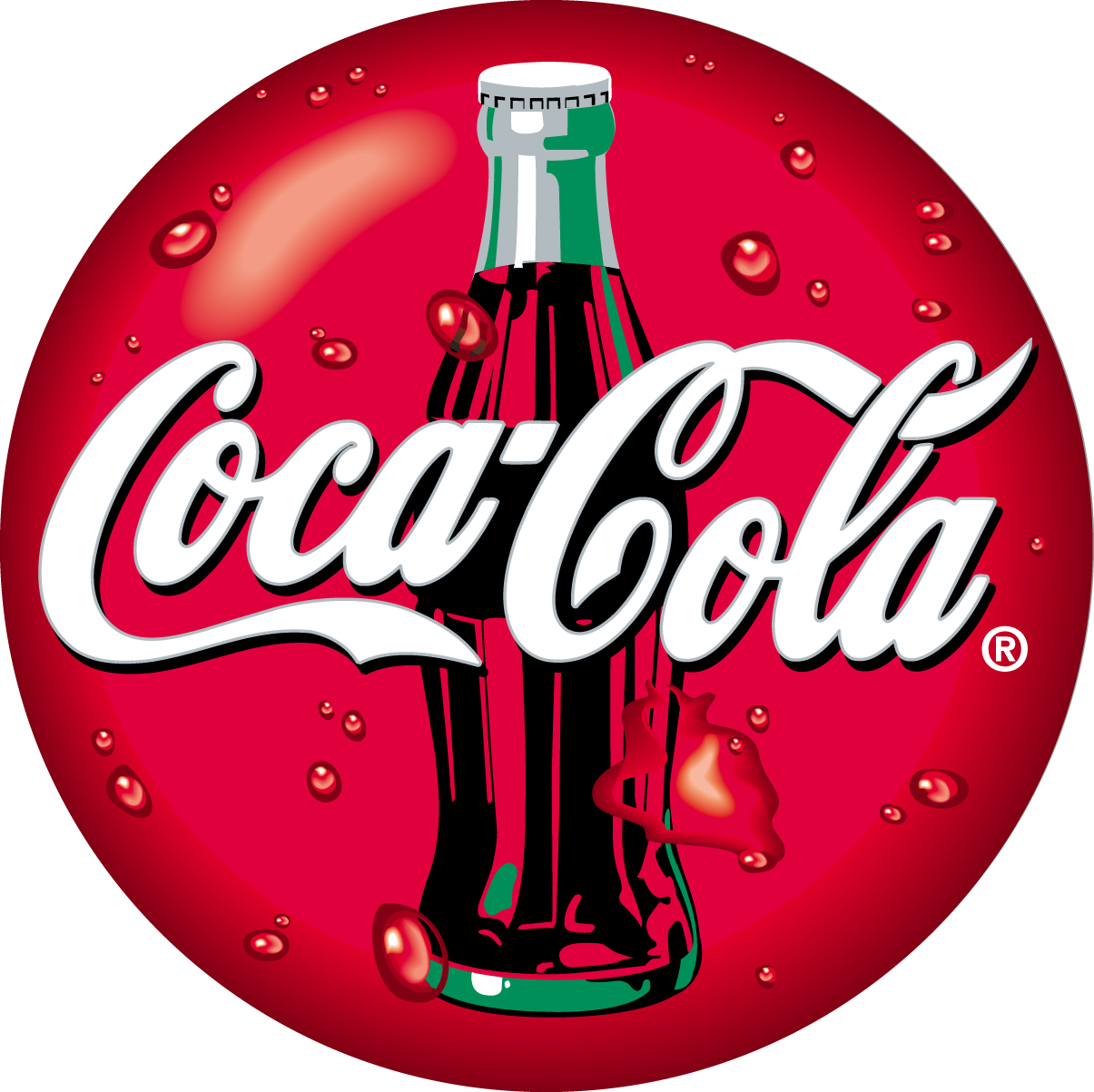Dividend Value Builder Newsletter
- Discover, Compare, and Evaluate Stocks Without Emotional Bias -
(Intrinsic Value Analysis For Over 300 Stocks)
Coca-Cola (KO) Stock Analysis

Coca-Cola (KO) Dividend
Sector: Consumer Defensive Industry: Beverages – Non Alcoholic
The Coca-Cola (KO) dividend has been paid every year since 1919 and increased for 63 consecutive years; qualifying the company as Dividend King, Dividend Aristocrat, and Dividend Champion.
Current Dividend Annualized: $2.04
Why you might want to own the company:
Coca-Cola represents a classic defensive investment, offering stability, global scale, and a reliable stream of dividend income. Its iconic brands, global presence, and proven ability to adapt make it a solid core holding for income-focused and long-term investors. KO’s commitment to innovation and brand strength supports its potential to continue compounding shareholder value through a wide range of economic environments.
Is the stock price a Buy, Sell, or Hold?
Coca-Cola (KO) Intrinsic Value – Margin of Safety Analysis
(updated May 2025)
Normalized Diluted Earnings Per Share (TTM): $2.49
Free Cash Flow Per Share (TTM): -$0.21
Cash Flow From Operations Per Share (TTM): $0.25
Estimated Intrinsic Value: $47
Target Buy Price Based on Required Margin of Safety = $38
(Required Margin of Safety Based On Risk Stability Grade:
A = 0%, B = 20%, C = 30%, D = 40%, F = 50%)
Target SELL Price Based on Estimated Intrinsic Value = $57
(Allow Overvaluation Adjusted by Risk Stability Grade:
A = 40%, B = 25%, C = 15%, D = 5%, F = 0%)
Risk & Stability Grade: B
A grade indicates a quality company with a strong balance sheet, high earnings quality, and a positive business environment. These stocks require the slimmest margin of safety within the stock universe.
B grade indicates a company with a good balance sheet, good earning quality, and a stable business environment. The margin of safety required should be greater than stocks with an A grade but less than the average stock.
C grade indicates a company with a sufficient balance sheet, at least average earnings quality, and a reasonably stable business environment. The margin of safety required is greater than A & B stocks, but less than D & F stocks.
D grade indicates a company in good standing but has issues that could affect its stability and long term risks. D rated stocks should require a large margin of safety when purchased.
F grade indicates a company with significant issues that are currently affecting its stability and long term risks. Require an extremely large margin of safety for F rated stocks when purchased.
Financial Risk Grade: B
A grade indicates an extremely low probability of a dividend cut. This rating is reserved for companies with strong balance sheets and/or excellent dividend histories.
B grade indicates a very low probability for a dividend cut.
C grade indicates a low probability for a dividend cut and/or average safety risk.
D grade indicates there are issues that should be considered concerning future dividend payments.
F grade indicates serious dividend safety risks. Investors should complete comprehensive due diligence before investing.
Business Quality Grade: C
A grade indicates earnings quality is high and far above average.
B grade indicates earnings quality is good and/or above average.
C grade indicates earnings quality is acceptable or average.
D grade indicates earnings quality is poor and requires thoughtful due diligence.
F grade indicates the quality of the earnings is poor or far below average requiring serious due diligence.
Earnings Report: 3/31/25
AAAMP Portfolios Position Disclosures:
Treasure Trove Dividend (TTD) – None
Global Dividend Value (GDV) – None
Dividend Growth & Income (DGI) – None
Global Value (GV) – None
Global Value Aggressive (GVA) – None
Global Conservative Income (GCI) – None
Global High Income (GHI) – None
Company Description
Sector: Consumer Defensive
Industry: Beverages – Soft Drinks
Dividend Value Builder Newsletter Membership (24 Issues) - $129/Yr.
Minimize Large Portfolio Drawdowns
Invest With Confidence In Less Time - Manage Your Portfolio Without Behavioral Errors
Disclaimer:
While Arbor Investment Planner has used reasonable efforts to obtain information from reliable sources, we make no representations or warranties as to the accuracy, reliability, or completeness of third-party information presented herein. The sole purpose of this analysis is information. Nothing presented herein is, or is intended to constitute investment advice. Consult your financial advisor before making investment decisions.
